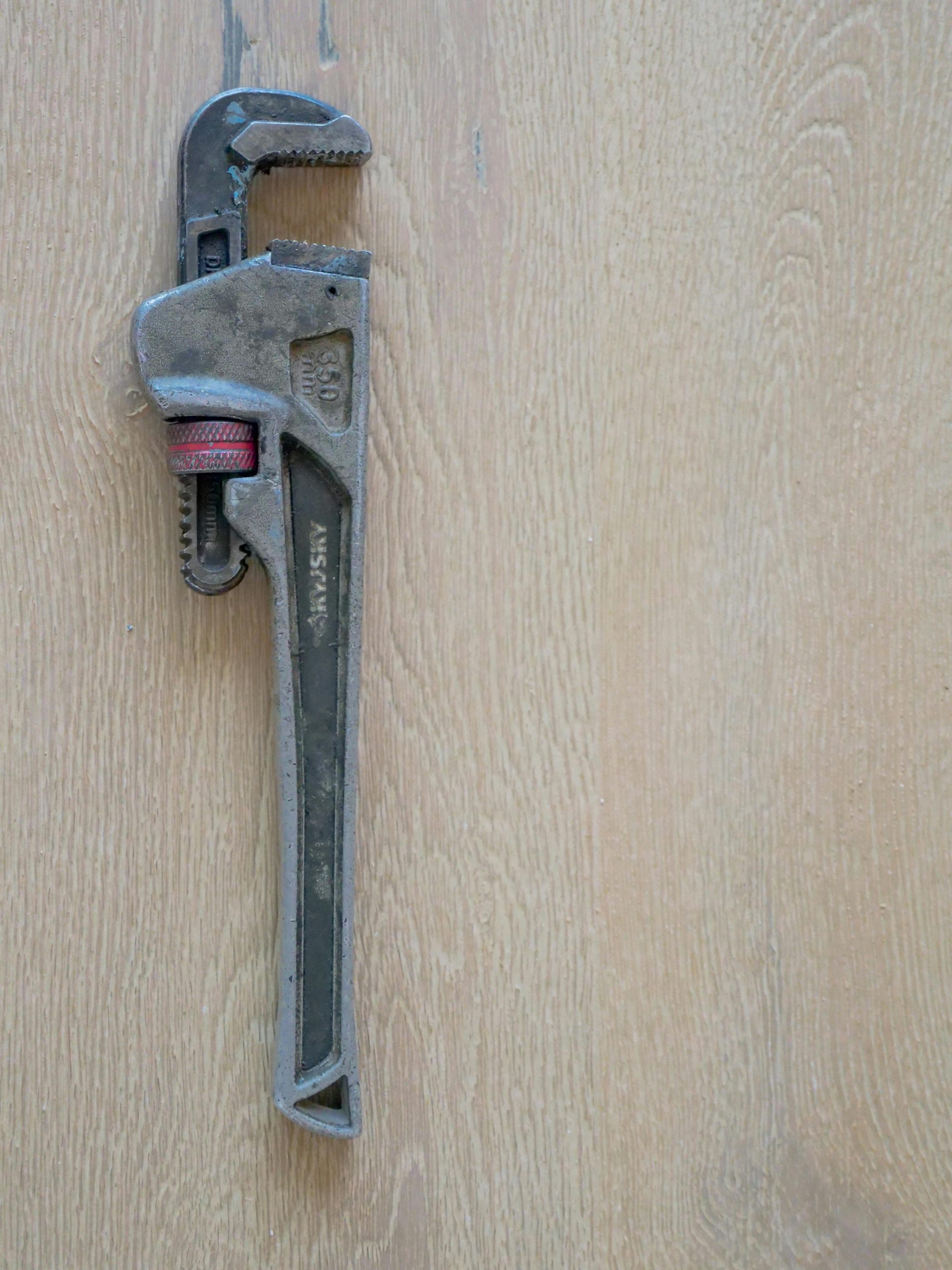The plumber messed up and caused significant damage, but they’re taking responsibility. I’m trying to figure out who hires the contractors for the repairs.
I had a plumber working on my sewer line, and they excavated too much, which resulted in major damage. It’s beyond their capability to fix. They’ve accepted full responsibility and signed a document confirming this. They’ve also filed a claim with their insurance.
Now, I’m going to need a general contractor, a concrete specialist, an engineer, and others to handle the repairs. My main concern is how to structure the contracts moving forward. The plumber has agreed that I can choose the contractors, but I’m not sure how they should be billed. If the contractors bill me directly, I can maintain some control, but I’ll have to cover the costs upfront while waiting for reimbursement from the plumbing company. On the other hand, if the contractors bill the plumbing company directly, I may lose some control, since the contractors won’t technically be working for me. What’s the best approach?




It sounds like you’re navigating a complicated situation. Here are a few options to consider for structuring the contracts going forward:
Direct Billing to the Plumbing Company: Since the plumbing company has already taken responsibility, one approach is to have the contractors bill them directly. You can negotiate a clause in the agreement that requires the plumbing company to approve the scope of work and the contractors you select before any work begins. This way, you ensure that the work aligns with your expectations while allowing the plumbing company to handle payments.
Escrow Account: Another option is to set up an escrow account funded by the plumbing company’s insurance. You can have the contractors bill the escrow account directly. This gives you control over the disbursement of funds while ensuring the plumbers are accountable for their financial responsibilities. Make sure to outline the process for how funds will be released upon completion of work.
Reimbursement Agreement: If you prefer to pay the contractors directly, you could negotiate a reimbursement clause. The plumbing company can agree to reimburse you once you’ve paid the contractors. Just ensure you keep all paperwork and provide them with invoices in a timely manner to facilitate the reimbursement process.
Under a Master Agreement: Consider drafting a master agreement that outlines the process for selecting contractors and controlling payments. This agreement can specify that the plumbing company will pay for specific contractors you approve. You can also include terms about timelines, quality of work, and dispute resolution.
Involvement of a Project Manager: If the situation is complex, hiring a project manager or consultant could also help. They can oversee the project’s execution, manage the contractors, and ensure everything is done correctly, saving you time and effort.
Whichever route you choose, it’s essential to have everything documented clearly in writing, including all agreements regarding responsibilities, payments, and expectations. Consulting with a lawyer familiar with construction and insurance matters could also provide additional tailored guidance.